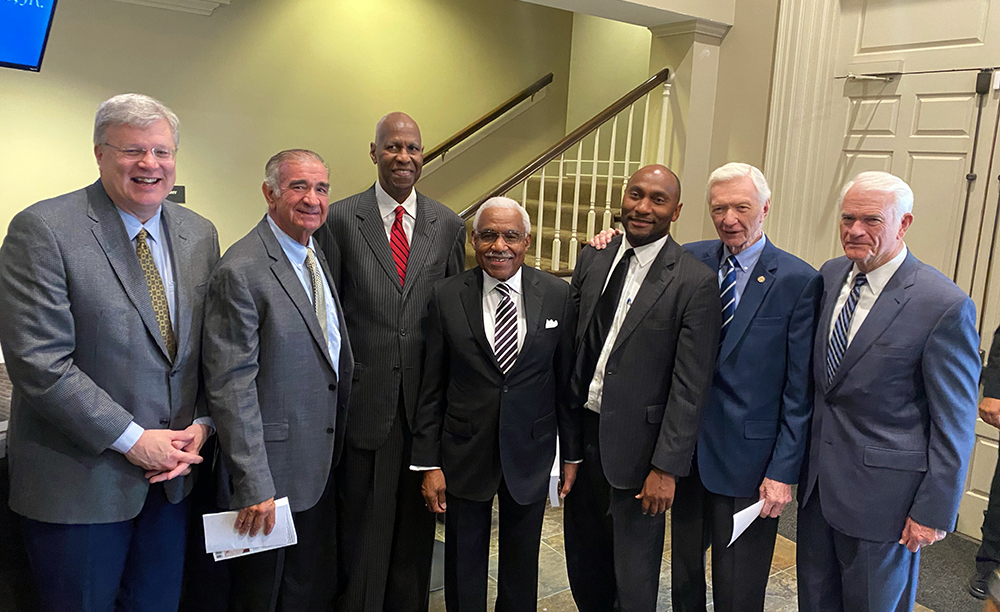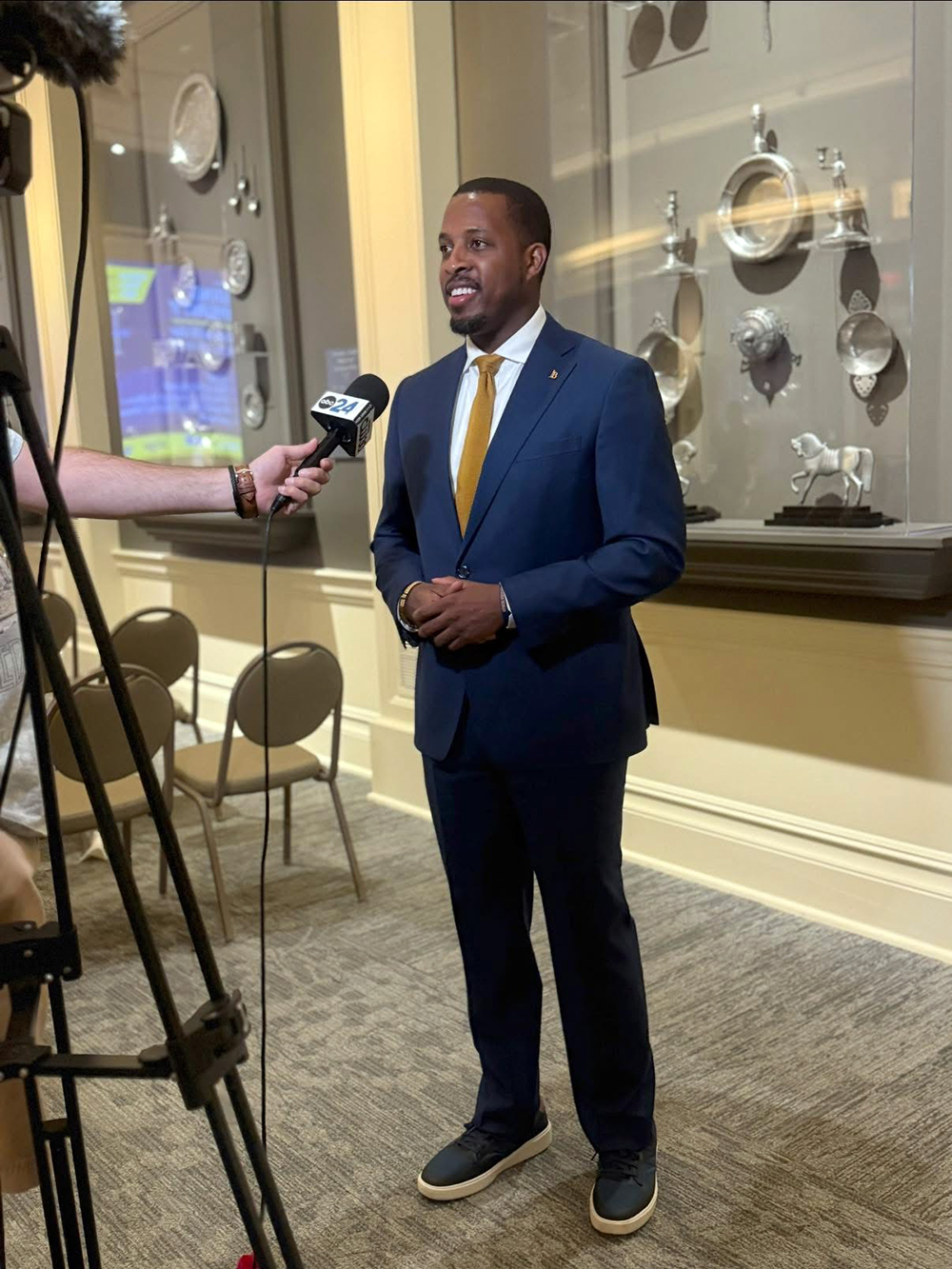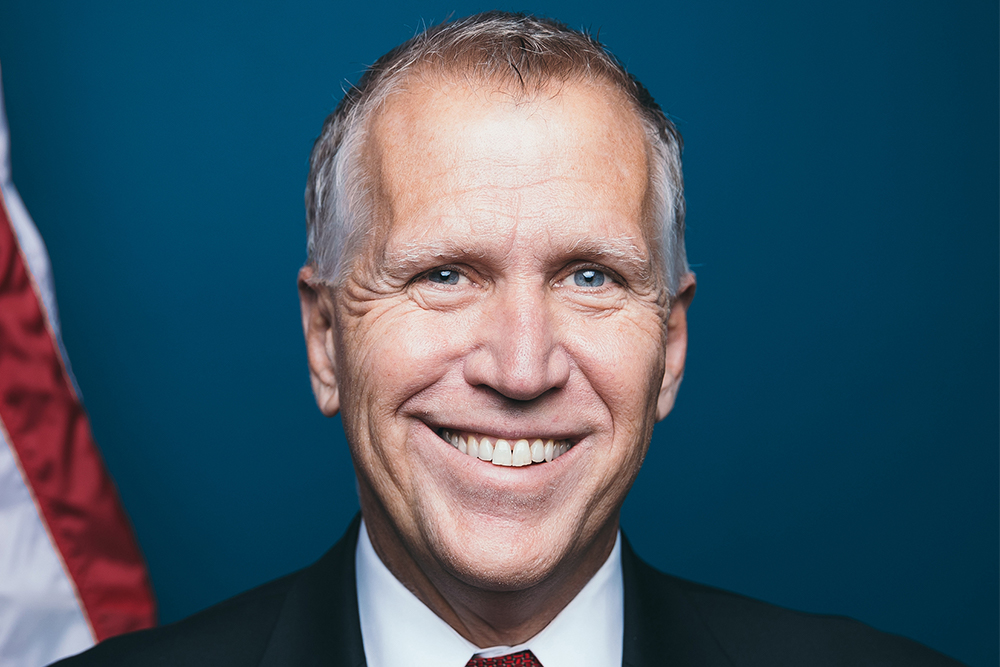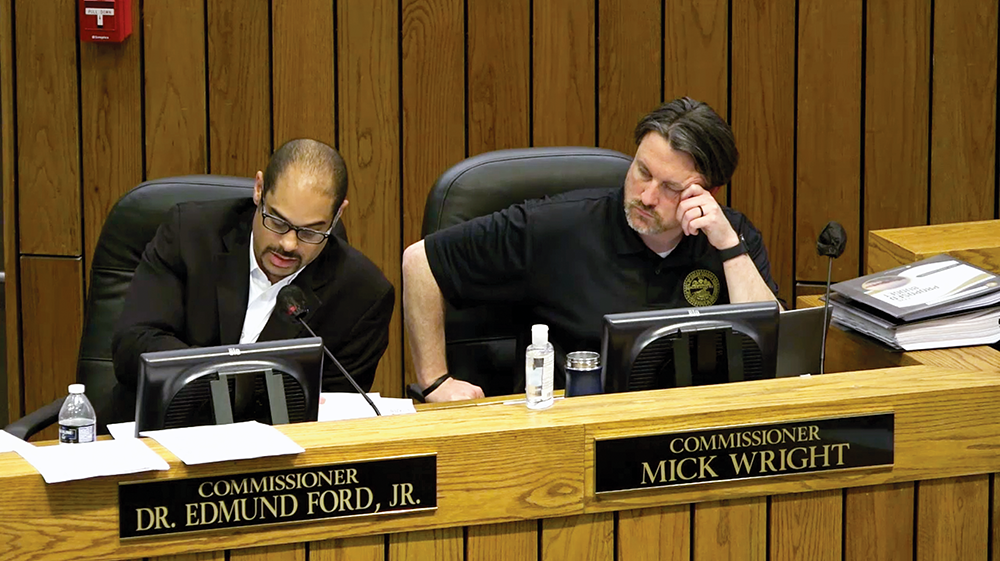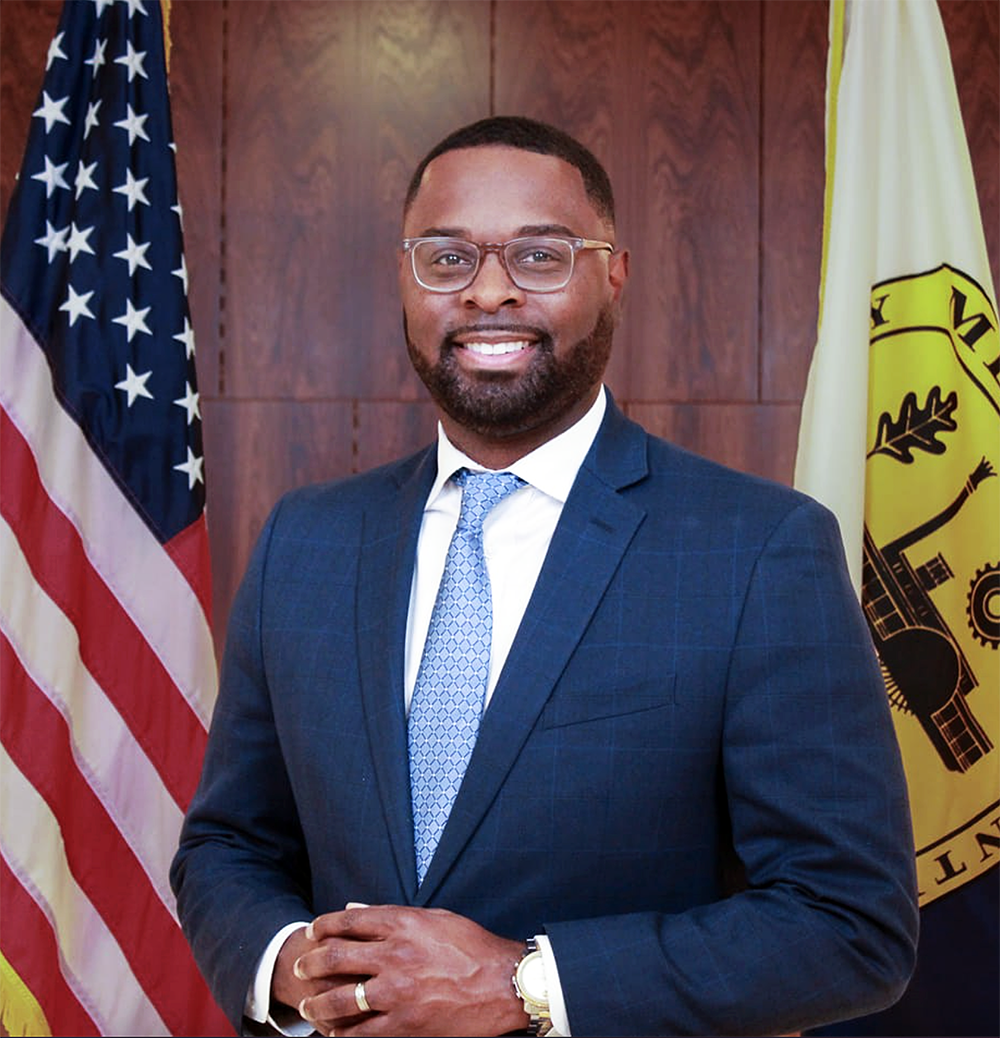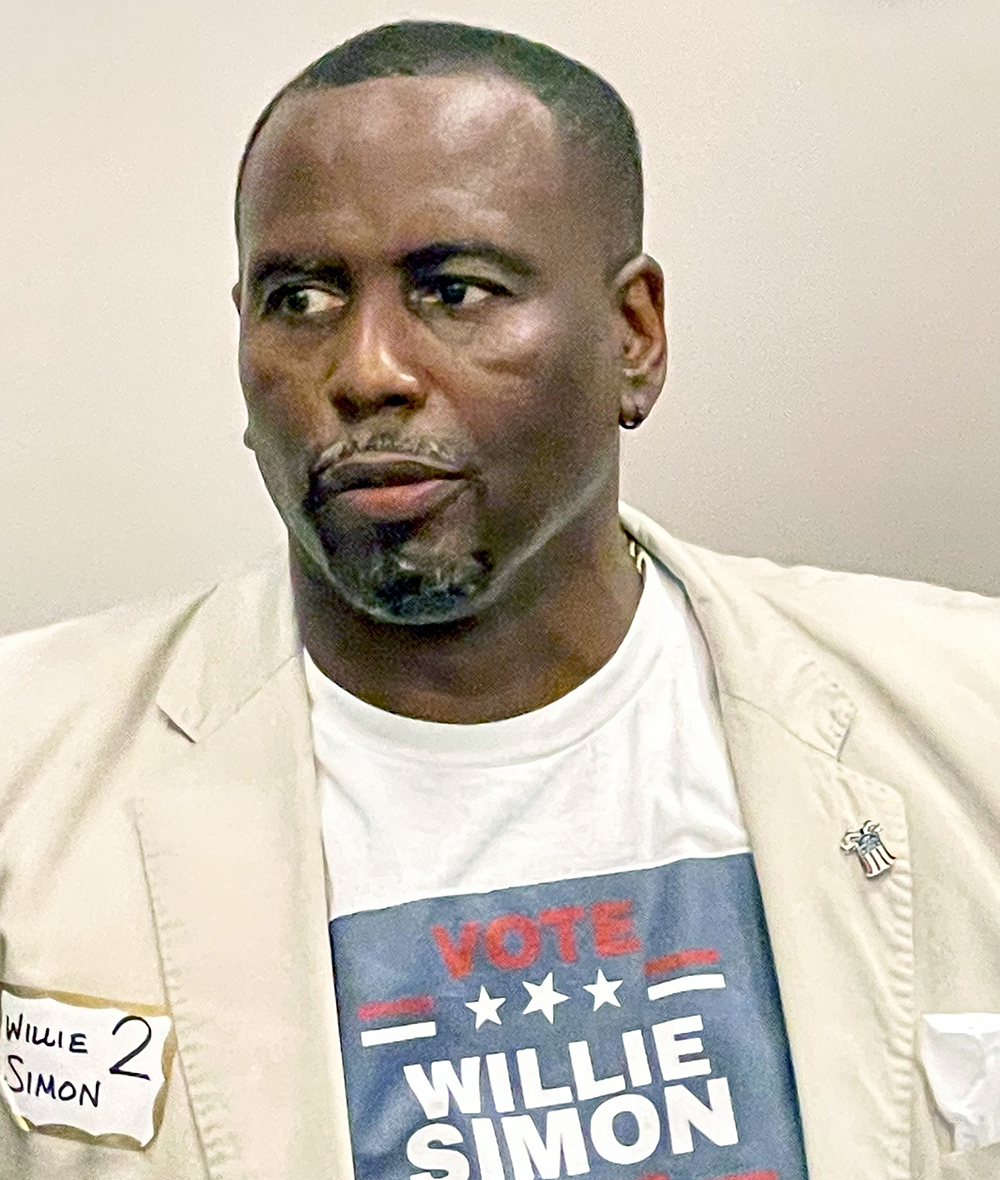In what would seem to be a season of passings and rememberings, another name was added to the list on Monday — that of Julian Bolton, who died at the age of 75.
Politically, Bolton, a lawyer, had his last hurrah in 2023, when he finished second to Justin J. Pearson in a special election to succeed the late Barbara Cooper in state House of Representatives District 86.
But his lifetime spanned several periods of local history. He served for decades as a member of the Shelby County Commission and would later serve the commission as its legal consultant and advisor.
A Rhodes College graduate with a major in theater, Bolton was known on the commission for his theatrical style and his tenacity in debate. He earned his law degree from the University of Memphis.
The family announced that flowers can be sent to Serenity Funeral Home on Sycamore View Road, which is handling arrangements.
• Preparations are ongoing for a “celebration of life” in honor of FedEx founder Frederick W. Smith, who died recently at the age of 80 and is considered by many to rank high in any list of the city’s greatest citizens.
The event, which will include speakers and musical performances honoring Smith’s legacy and the enormous role he played in Memphis and the world, will be held on Monday, August 11th, Smith’s 81st birthday, from 10 to 11:30 a.m. at FedExForum.
It will be open to the public, but would-be attendees are asked to RSVP via a brief form that can be accessed online by googling “Fred Smith memorial.”
• There was a massive turnout Saturday at First Evangelical Church on Ridge Lake Boulevard for the funeral of another favorite son, former sheriff and county Mayor Bill Morris, who died last month at the age of 92.
Generically, the mourners crossed all boundaries of age, race, and gender, a tribute to Morris’ wide appeal across the more than 60 years of his public presence.
One indication of his importance and influence is manifested by the picture here of the six mayors of either Memphis or Shelby County who graced the scene.
• The recently formed East Memphis Democratic Club has extended an open invitation to its Summer Picnic and Classroom Supply Drive at the Jones Pond Pavilion in Shelby Farms Park.
